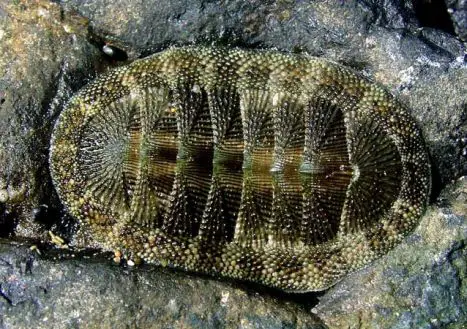
Reproduction is a biological phenomenon and all living organism including microorganisms like amoeba or fungi to evolved species of humans reproduce. But why do organisms reproduce?
Well, the simplest answer would be – to ensure that their species continues to exist on earth. Organisms have an inherent capability of protecting their species through reproduction. Reproduction is not essential for one’s survival but it is the only way to keep species alive. The nature and environment is built in such a way that it is very important for every single living organism to reproduce as it keeps a natural balance in the environment. If an organism does not reproduce then it will bear no offspring and will extinct over a period of time.
Living organisms have different ways of reproduction such as the higher animals like humans and animals reproduce by mating, which is also called as sexual reproduction and on the other hand microorganisms reproduce by asexual methods like fission, budding etc. Plants cannot reproduce on their own so they take the help insects and butterflies to carry pollen from one plant to another.
Undoubtedly, reproduction is a vital process to maintain a balance in the biodiversity. But what makes the living organism to reproduce?
For higher order beings there are certain hormones in the body that creates certain reactions in the brain and which is responsible for the whole reproduction process. And for unicellular organisms there are certain stages in life when it reproduces.
So, to save species and life on earth it is crucial to reproduce. Consider this, would earth be the way it is if organisms didn’t reproduce? Well, obviously everything didn’t appear all of a sudden, every single organism reproduced and that’s why earth is the home to a number of species. Existence is a simple reason for the reproduction of organisms.